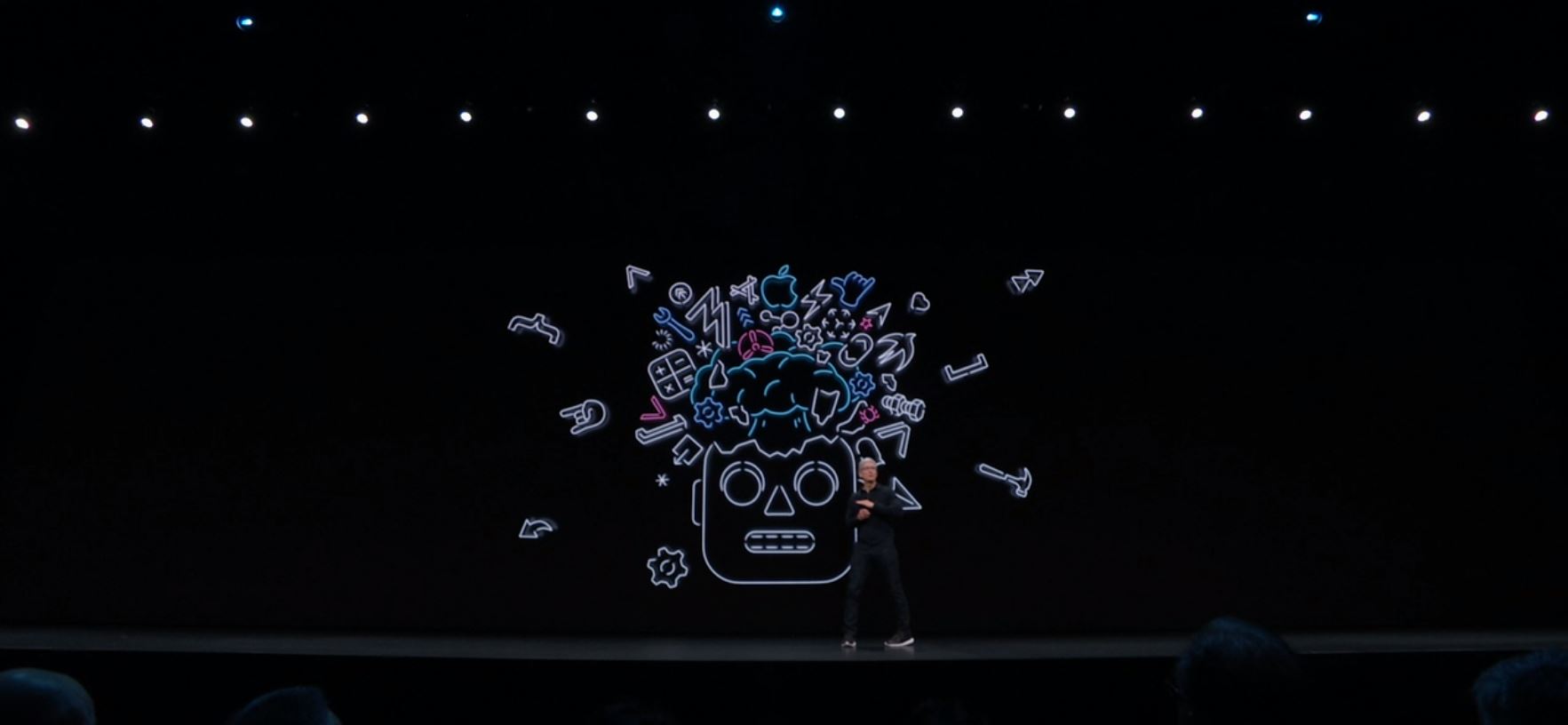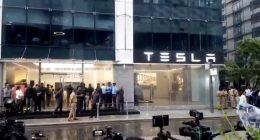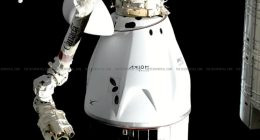Luminous Computing is proposing to build up a photonics chip that will deal with workloads required by AI at the speed of the light. Now, while that proposal may sound like a moonshot, the one-year old startup has been already attracting a number of high-profile investors willing to bet on the prospect.
Luminous was founded by Michael Gao, the company’s chief strategist, CEO Marcus Gomez and CTO Mitchell Nahmias, whose research at Princeton is the foundation for the chip. Gomez started a software-as-a-service business in arena of fashion industry and recently worked at Tinder as a data scientist. Goa is also the founder of AlphaSheets, a software startup.
In a seed round led by Bill Gates, Neo’s Ali Partovi and Luke Nosek and Steve Oskoui of Gigafund, Luminous raised $9 million worth of funds. The round has also attracted other investors including Travis Kalanick’s fund 10100, BoxGroup, Uber CEO Dara Khosrowshahi, and Emil Michael as well as pre-seed investors Class 5 Global, Joshua Browder, Ozmen Ventures, Schox Investments and Third Kind Venture Capital.
Luminous approach is based on using light to transfer dense amount data efficiently and at a faster pace. The aim is to remove major bottlenecks that conventional processors struggle with by using the science of photonics.
“While many photonics research efforts focus on general-purpose data movement, Luminous appropriately targets the AI compute market, which is where the demand is,” Partovi of NEO said.
Luminous however, is not the only startup who is proposing to build a supercomputer on a chip nor it is the first to focus on photonics. Lightmatter, for instance, has received $33 million as an investment to make photonic chips, including investment from Google’s venture arm.
The major driving factor is the increase in companies focusing on developing chips to handle AI and machine learning. The build up of Luminous Computing chip is based on Nahmias’ research as a part of thesis at Princeton University.
The foundation of machine learning systems is based on lot of operations although they are relatively simple. It takes time and training data to train such models even while using today’s generation of specialized AI chips and such models has to be tested, refined and tested again.
So a task that would help pace up the development of autonomous vehicles can benefit from chips that can process these operations faster than ever before.
Luminous is still at an early stage. However, Gomez says they already have working silicon. No disclosure has been made regarding the launch of the new chip but he did emphasize that this is not some distant fantasy. The objective of the company is to ship development kits within the next few years.





